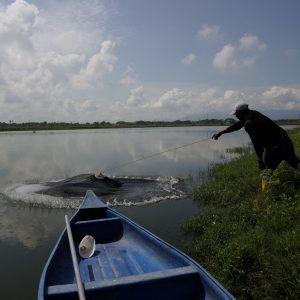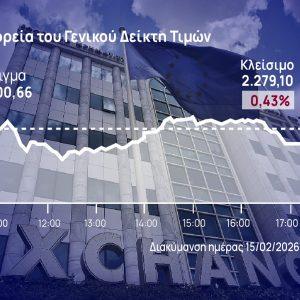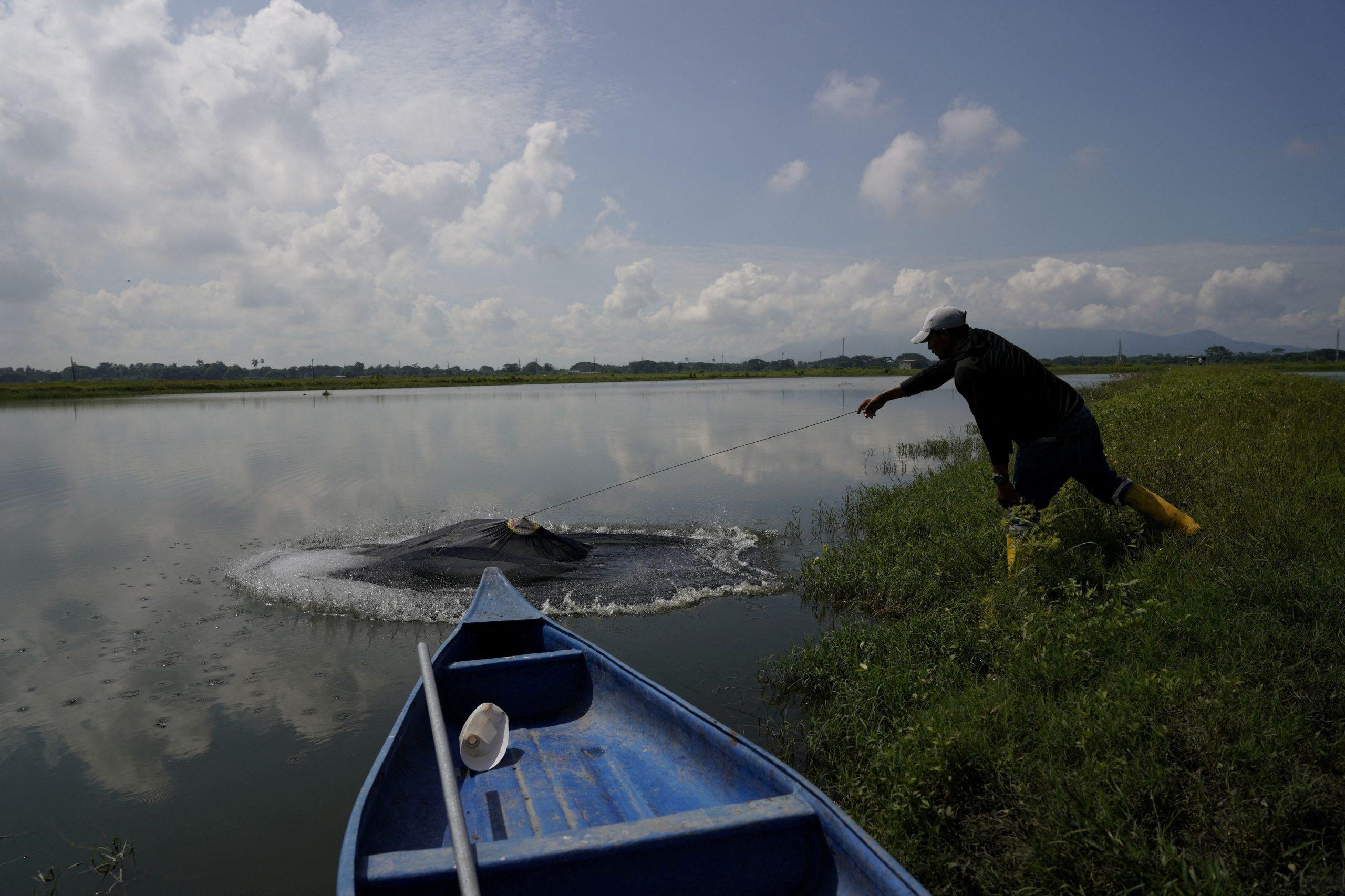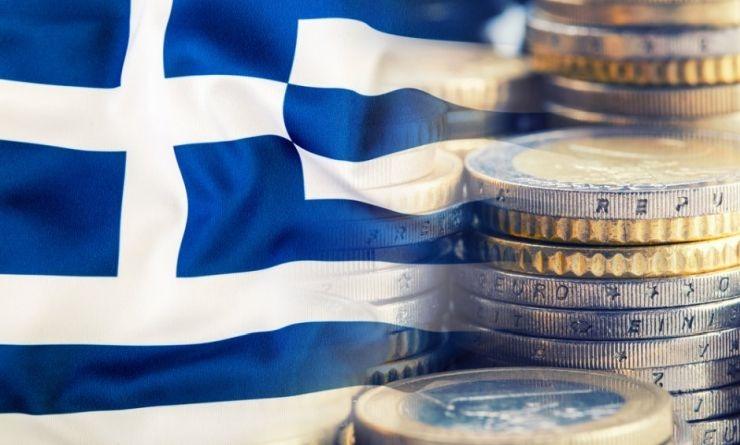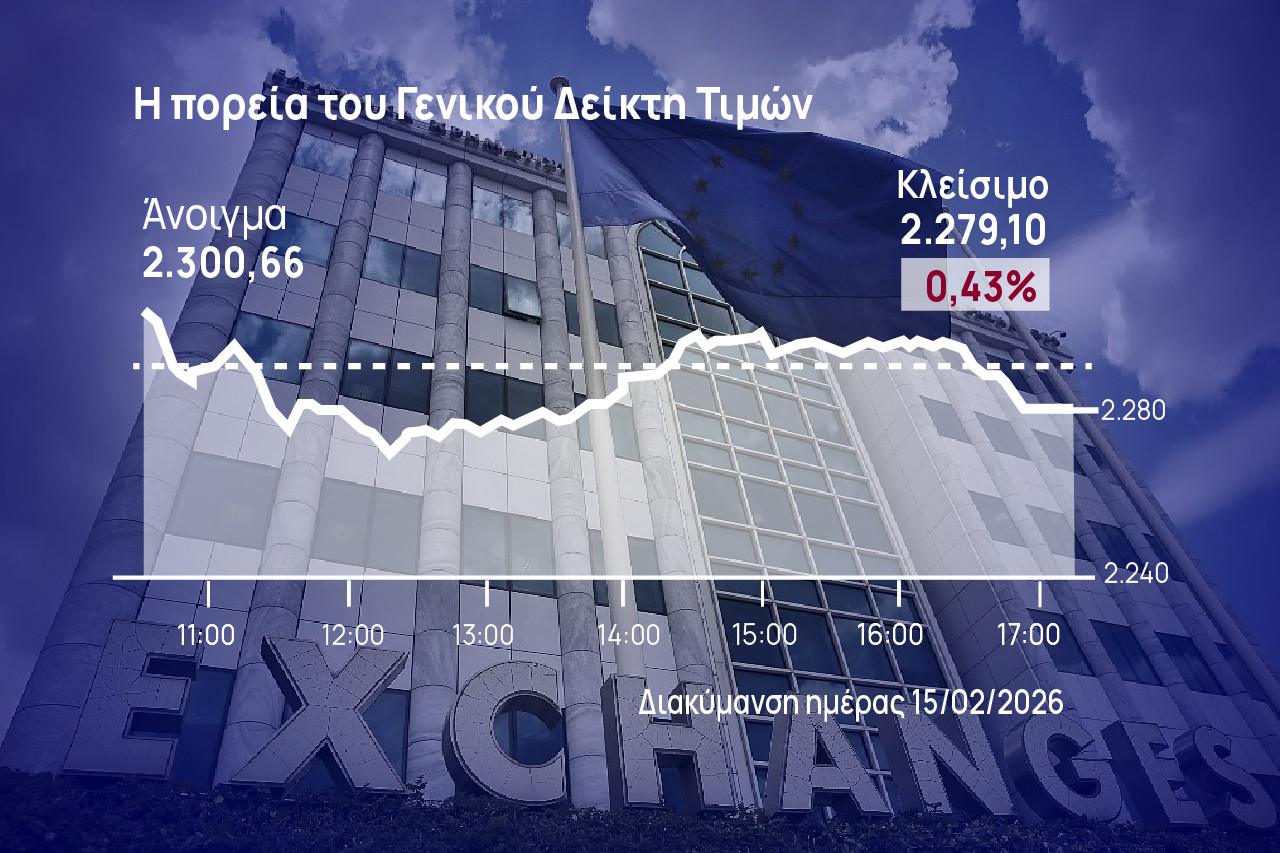After several “defeats”, Greek fish farming seems to be turning the “game” on the American market, leaving behind its great “rival” Turkey, which has maintained the lead in exports in recent years.
“Market – target for 2023 is America” said Mr. Apostolos Touralias, president of the Hellenic Aquaculture Producers Organization (ELOPY), during the organization’s New Year’s pie cutting event.
In fact, after the approval of the General Assembly of the shareholders of ELOPY, whose members represent approximately 80% of Greek fish farms, an amount of over one million euros, out of the 3.5 million, which is its total budget, will be allocated for actions to promote Greek fish in America in 2023 focusing on the East Coast and the greater New York area in particular.
20,000 tons in the next three years
The Greek target for the market on the other side of the Atlantic concerns exports of 20,000 tons of fish (head bream, sea bass and sea bream) over a period of three years.
Based on ELOPY’s data, in 2021 the Greek aquaculture fish that “traveled” to the United States did not exceed 3,000 tons. In total to North America the export activity concerned 4,000 tons.
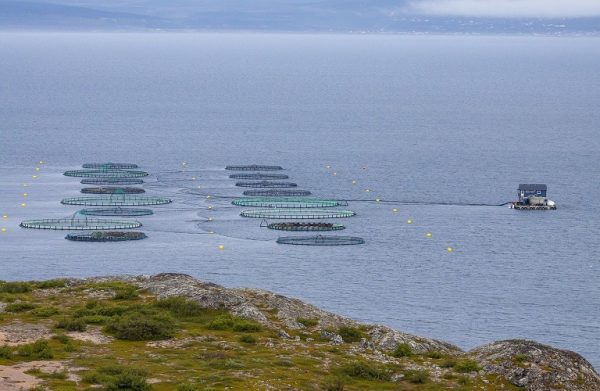
Accordingly, Turkish fish exports to the US amounted to 4,500 tons.
Now Greek exports to America seem to be approaching 6,000 tons.
Two reasons for the reversal
The positive outlook for Greek fish in the American market is based on two reasons.
The first has to do with balancing prices in transport costs.
An important factor favoring Turkey’s products and putting Greek fish on the sidelines in terms of the American market was lower transportation costs, since Turkish exports were supported by the national carrier of Turkey, Turkish Airlines, in addition to the government subsidy.
The steep increase in flights between Greece and the US after the end of the pandemic created competitive conditions and a reduction in transport prices.
It is noted that before the pandemic the cost of air transport of fish from Greece to America was around 2.80 euros per kilo, now it ranges from 4.50-5 euros per kilo, while now also for exports from Turkey the charge exceeds 3.50 euros per kilo.
The second reason concerns the institutionalization of the Aquaculture Organized Development Areas (OADs).
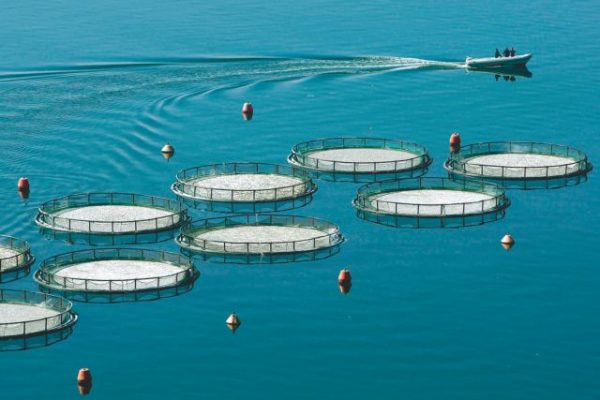
Despite the multi-year delays, 7 POAUs have now been institutionalized – out of the 23 foreseen by the Special Spatial Framework for Aquaculture – and by the end of 2023 it is expected that the institutionalized ones will have exceeded 10.
As long as the difficult issue of zoning continues, it is estimated that Greek production will increase in the coming years.
On the contrary, in Turkish production there is not much scope for further development, as it is estimated that the cycle of licenses that can be granted is closing.
Given the increased demand in Turkey’s domestic market and significant exports to Russia, the quantities of Turkish fish headed to America are limited.
Total exports of half a billion
The total exports of Greek aquaculture fish in 2021, according to its data, amounted to 100,361 tons (sea bream and sea bass) with a value of almost half a billion euros.
72% of exports were to Italy, France and Spain, while 3% to the USA and 1% to Canada. The remaining exports were mainly to Germany, Portugal, the Netherlands and the Balkan countries.
It is noted that Greek aquaculture fish are the country’s number one export product in the primary sector.
At the same time, Turkish fish farms exceeded the production level of 280,000 tons in 2021 when in the same year the Greek production was at the level of 131,500 tons.
It is estimated that in 2024 Turkish production will exceed 350,000 tons.
Around 12 to 14 thousand people are employed – directly and indirectly – in the entire chain of Greek fish farms.







